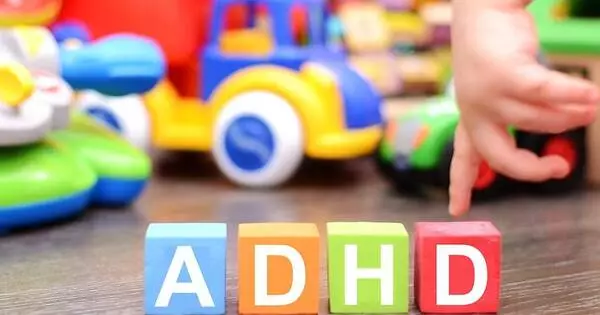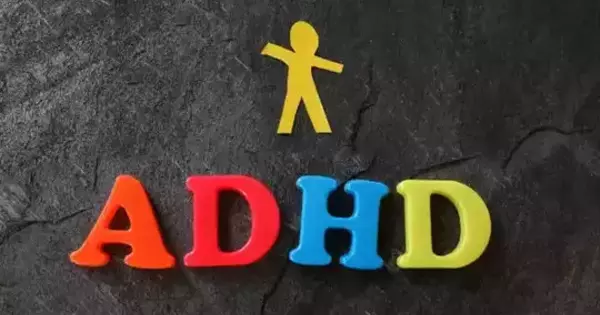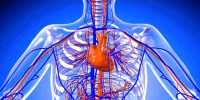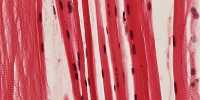There is no proof that food causes the behavioral disease ADHD. However, evidence suggests that dietary adjustments can help some people improve their symptoms. In fact, a large amount of study has been conducted to investigate how nutrition impacts ADHD. This page provides an overview of these studies, focusing on the foods, diets, and supplements that were studied.
A new study reveals that eating fruits and vegetables can assist youngsters with attention deficit hyperactivity disorder (ADHD) minimize inattention concerns. Researchers invited parents of 134 children with ADHD symptoms to complete a detailed questionnaire on the typical foods their children ate, including portion sizes, over a 90-day period as part of a larger study.
Another questionnaire asked parents to score their children’s symptoms of inattention, which is a hallmark of ADHD, such as problems staying focused, not following directions, difficulty remembering things, and difficulty regulating emotions. According to Irene Hatsu, co-author of the study and associate professor of human nutrition at The Ohio State University, children who ingested more fruits and vegetables had less severe signs of inattention.
“Eating a balanced diet rich in fruits and vegetables may be one approach to alleviate some of the symptoms of ADHD,” Hatsu explained. The study was recently published online in the journal Nutritional Neuroscience.
When kids with ADHD start having more severe symptoms, clinicians normally raise the dose of their treatment medication, if they are on one, or put them on medication. Our findings imply that it is worthwhile to examine the children’s food access as well as the quality of their diet to determine if it may be contributing to the severity of their symptoms.
Irene Hatsu
The results for this study were gathered as part of the Micronutrients for ADHD in Youth (MADDY) Study, which looked at the efficacy of a 36-ingredient vitamin and mineral supplement in treating ADHD symptoms and poor emotional regulation in 134 children aged 6 to 12.
The study that examined the supplement’s effectiveness discovered that children who took the micronutrients were three times more likely than those who took a placebo to demonstrate substantial improvement in their ADHD and emotional dysregulation symptoms. The results of the study were published in the Journal of the American Academy of Child and Adolescent Psychiatry last year.
Another study involving the same children, published earlier this year in the journal Nutrients, found that children from food-insecure families were more likely to exhibit significant symptoms of emotional dysregulation, such as chronic irritation, furious moods, and outbursts of anger. According to Hatsu, the three studies all paint a similar picture: a nutritious diet that includes all of the nutrients that children require can help lessen the symptoms of ADHD in children.

“When kids with ADHD start having more severe symptoms, clinicians normally raise the dose of their treatment medication, if they are on one, or put them on medication,” Hatsu explained. “Our findings imply that it is worthwhile to examine the children’s food access as well as the quality of their diet to determine if it may be contributing to the severity of their symptoms.”
Children in the MADDY study were recruited from three different locations: Columbus, Ohio; Portland, Oregon; and Lethbridge, Alberta, Canada. The research was conducted between 2018 and 2020. Participants were either not taking medication or had ceased taking it two weeks prior to the start of the trial.
The studies on fruit and vegetable intake and the role of food insecurity were based on data collected when the children were first enrolled in the study, before they began taking the micronutrient supplement or placebo.
Why may diet be so important in ADHD?
According to Hatsu, researchers believe that ADHD is linked to low levels of certain neurotransmitters in the brain, and vitamins and minerals play a crucial role as cofactors in helping the body create those important neurochemicals and in overall brain function.
Food insecurity may also play an impact.
“When people are hungry, they get irritable, and children with ADHD are no exception. If they aren’t getting enough nourishment, their symptoms may worsen “She stated. Furthermore, the stress of parents who are angry about not being able to provide adequate food for their children can cause family friction, which can contribute to increased symptoms in children with ADHD.
According to Hatsu, the MADDY study is one of the first to look at the association between ADHD symptoms and diet quality in children in the United States and Canada. This is significant since Western diets, unlike many others, such as the Mediterranean diet, are more prone to fall short on fruit and vegetable intake, according to her.
“We believe doctors should assess children with ADHD’s food security situation before developing or altering a treatment regimen,” Hatsu added. “Some symptoms may be controlled by assisting families in becoming more food secure and capable of providing a healthier diet.”
















